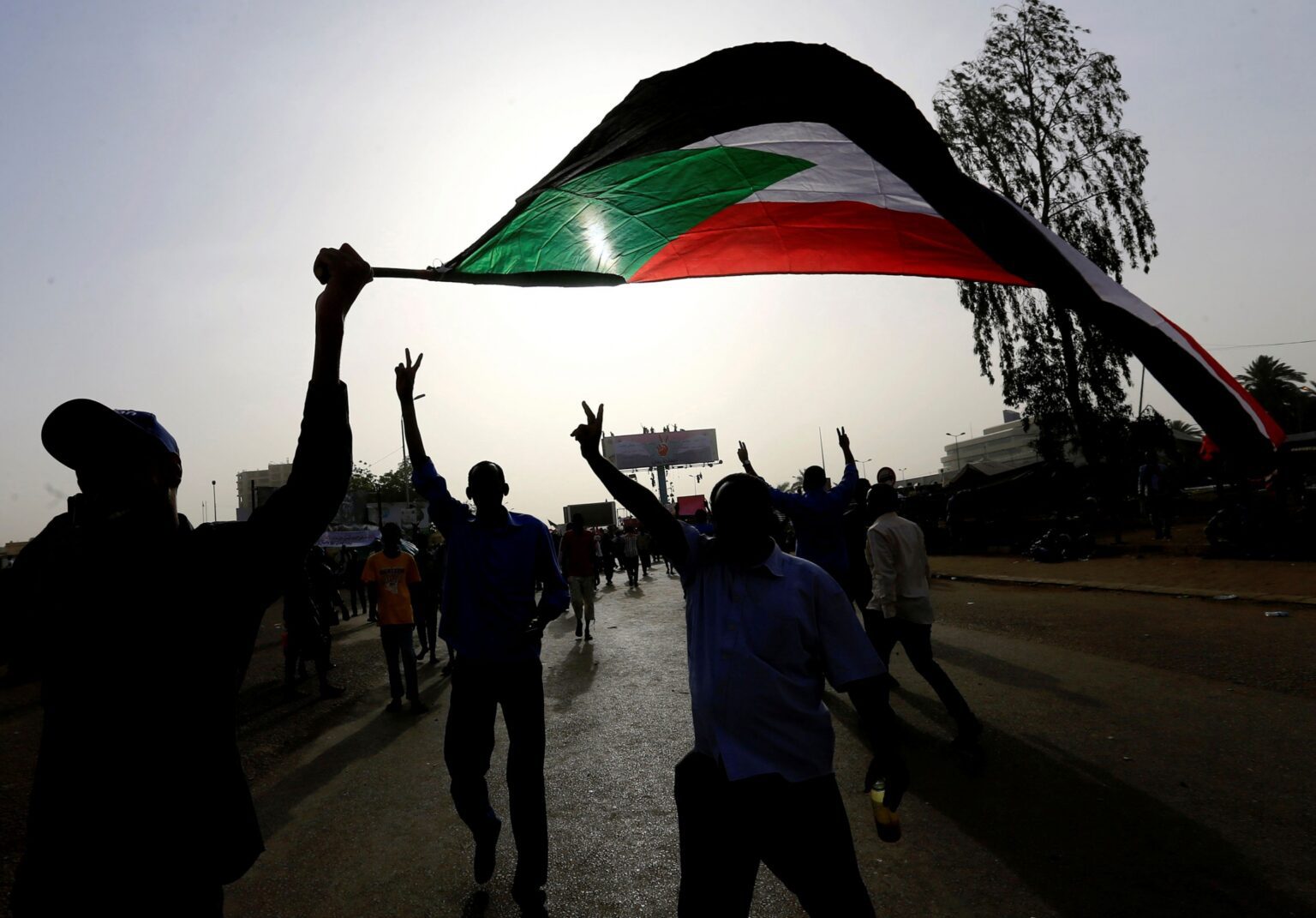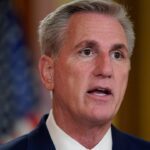Global Courant 2023-04-19 15:37:58
“The chronic instability and political deadlock since the 2019 coup has had serious economic consequences in Sudan,” said Ovigwe Eguegu, policy analyst at Development Reimagined.
SaturdayApril 15 was a day of terror in the North African country of Sudan as tensions between the army and the Rapid Support Forces (RSF) escalated into an unexpected massacre. Conflict between the warring factions broke out in Khartoum just before 9 am that fateful day. Heavy gunfire and explosions were heard from several locations in Khartoum, the capital. It was an ordinary day like any other day before. People had gone about their day as usual.
At Khartoum International Airport, airlines were getting ready for takeoff. Some passengers were already aboard airbuses ready for takeoff. But like an invasion of locusts, the fight had reached the airfield also by forcing passengers to get off flights and closing not only airport operations, but also the country’s airspace. Some passengers were injured and some commercial aircraft were badly hit. Some of the affected airlines include Emirates, Turkish Airlines, Flynas, flydubai, Egyptair and SAUDIA.
As violence spreads across the country, there have been several calls for a ceasefire from both the United Nations and African leaders. Although it was proposed that the ceasefire take effect at 6 p.m. on Tuesday (April 18), heavy fighting was still going on at Khartoum airport. In that timeAt least 270 people have been killed and more than 2,600 injured in the unrest. In fact, several humanitarian workers, EU Members and civilians have been attacked.
Expert opinion
In response to questions from Ventures Africa, Ovigwe Eguegu, policy analyst at Development Reimagined, analyzed the impact of the crisis on investment and international finance for Sudan. He notes that whenever there is a crisis in a country, there would always be concern in the investment community as investors fear the risks the events pose to their companies.
“The situation in Sudan is primarily a power struggle between two leaders: General Abdel Fattah al-Burhan, leader of the Sudan Armed Forces (SAF) and General Mohamed Hamdan Dagalo, leader of the Rapid Support Forces (RSF). It’s a winner-takes-all situation, so the chances of both parties reaching a compromise are slim,” says Ovigwe. “The political and security context makes Sudan a very difficult environment for investors in the short to medium term.”
Commenting further, Ovigwe says: “The real challenge now is avoiding full-blown civil war. The desperation of both sides and the multitude of foreign powers with vested political interests complicate the situation. A protracted conflict can worsen livelihoods and increase the outflow of refugees to neighboring countries.”
2019 Sudanese military takeover
In 2019, former long-serving dictator President Omar al-Bashir was overthrown in a coup following mass civil disobedience now described as the first phase of the Sudanese revolution. Consequently, the constitution was suspended and the military took over the government and Lieutenant General Abdel Fattah al-Burhan was sworn in as leader of the new Sovereign Council. The army has also appointed economic expert Abdalla Hamdok as prime minister of an interim joint civil-military unity government to jointly implement reforms and help the country transition to democracy after three years.
But on October 25, 2021, the Sudanese army, led by General Abdel Fattah al-Burhan, seized control of the caretaker government from Prime Minister Abdalla Hamdok in a bloodless military coup. At least five senior government officials were initially detained, including civilian Prime Minister Abdalla Hamdok. As of November 5, 2021, more ministers, members of political parties, lawyers, civil society activists, journalists, human rights activists and protest leaders were detained in unknown locations.
Following the coup, on October 26, the African Union suspended Sudan’s membership pending a return to power by the Hamdok government. On October 27, the European Union, the United States and other Western powers declared that they continued to recognize the Hamdok cabinet as the constitutional leaders of the transitional government and insisted that their ambassadors have access to Hamdok.
Since the coup, economic activities in the North African country have never been the same. “The chronic instability and political deadlock since the 2019 coup has had serious economic consequences. In 2022, Sudan had record gold production, but 50% of its gold is reportedly smuggled out of the country. As such, the rise in the gold sector is not translating into economic growth and a better livelihood for Sudanese,” added Ovigwe.
Earlier, in February, Sudan approached the African Union to lift its sanctions. But the current political turmoil in the country would only cast the country in a bad light and hamper diplomatic relations with the international community.








